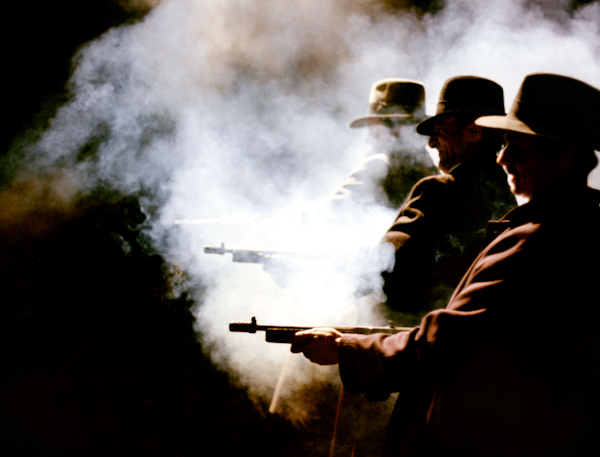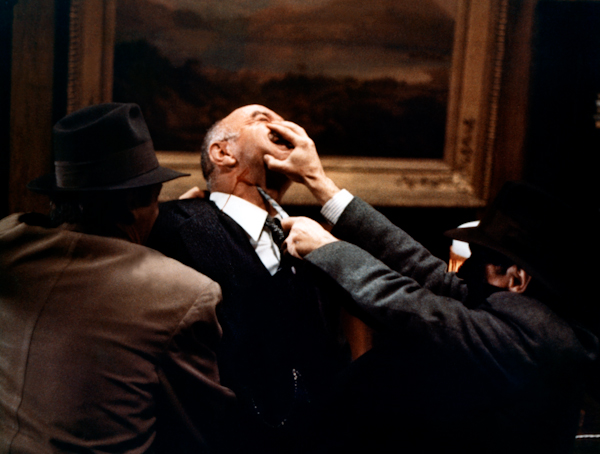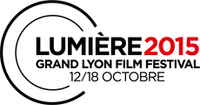Lucky Luciano
Chronicle of a gangster of influence
PostED ON 29.09.2015 AT 4:20PM
CULT - Screened at the Lumière festival in a fine restored print on the occasion of the carte blanche given to Martin Scorsese, forty years after its release, Lucky Luciano remains a cult film that made Francesco Rosi one of the most famous purveyors of social and committed Italian cinema of his time.

History does not disclose how many aliases Charles Luciano (nicknamed "Lucky Luciano" for having survived a violent beating) counted before his death in Naples on January 26, 1962. Born in Sicily in 1897, under the name Salvatore Lucania, Charles Luciano was one of the most infamous mobsters of his era.
In 1906, when the young Sicilian immigrates with his parents to New York to experience the American dream, he is quickly attracted to the street more than the schoolyard. First indulging in small trafficking, his notorious reputation - like his ambition and influence - grows at a rapid pace in the Big Apple with its implications in organized crime. A few years later, the image of the man reaches such a degree of authority that he encounters a certain Al Capone, the legendary figure of the Italian-American mafia of Chicago. By age 46, Lucky Luciano is at the pinnacle of the gangster world, bringing corruption and crime to the vast American city.
Set to music by Piero Piccioni, Lucky Luciano recalls the years preceding the death of the Sicilian-American mobster from his release from prison, following his conviction until his forced exile to his home country and his 1962 heart attack in Naples. While back in Italy, Luciano had continued to manage a sprawling heroin trafficking outfit.

Unfolding in an anachronistic manner, this feature film with operatic climaxes denounces the close relationship between the underworld and the political elites at the end of World War II. The problem of power, its causes and effects in legal and illegal relations, have always been important themes to Francesco Rosi. Already in his early films - The Challenge (1958) or The Magliari (1959) - the director focuses on the rapport between small and big-time criminals of the Neapolitan mafia in Italy or abroad.
To interpret the role of the power hungry gangster, Francesco Rosi called on Gian Maria Volonte, an Italian actor made famous outside Italy for his "bad guy" roles in A Fistful of Dollars (1964) and For a Few Dollars More (1965), two enormous successes by Sergio Leone. "Gian Maria managed to bring out all the ambiguities that I needed to define the obscure personality of Lucky Luciano. Gian Maria had become Lucky Luciano," declared the director about his lead actor.
When filming begins, the boom of mafia movies is at its apex. The success of this strong trend in international cinema, including The Godfather by Francis Ford Coppola, never dissuaded Rosi from his project.
B.P.
The restoration of the film, presented in a 4k digital print, was undertaken by Martin Scorsese and The Film Foundation. It was conducted by the Cineteca di Bologna at L'immagine Ritrovata laboratory, in collaboration with Cristaldi Film and Paramount Pictures.
---
> Thursday, October 15 at 9pm at the Institut Lumière

